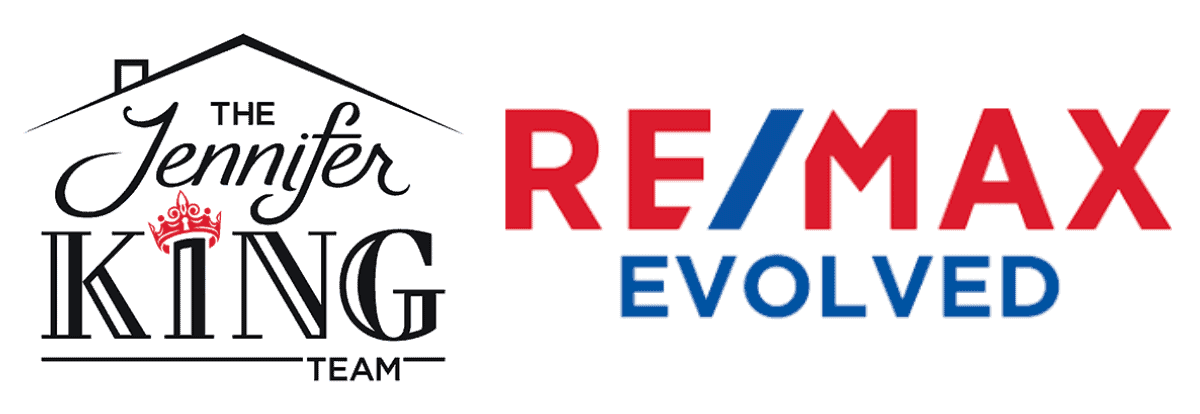When it comes to selling, buying, or closing on a home, one of the major headaches is the anxiety of timing the process. Recent US real estate statistics have highlighted that the average householder spends an average of four months house hunting. According to the report, many buyers view approximately twenty properties before choosing a home and closing on the deal. The actual time it takes to purchase a home from the time of the contract is approximately 30 to 60 days. It typically takes mortgage companies that amount of time to complete the loan process and have the buyers’ mortgage financing ready for closing. Selling a home, buying a home, or closing on a home involves many factors, and expert guidance is key to a smooth and successful sales process that gets buyers to closing!
Here are some tips for buyers regarding purchasing:
- Do you know exactly what you’re looking for? Identify (or list) the ‘must-haves’ vs. the ‘would be nice, but don’t have to have’ items.
- Pre-approval! We recommend that buyers are approved for a mortgage as the very first step, so your expectations are set properly. (You wouldn’t want to be viewing homes that are out of reach, then find out through a pre-approval that you’ve got to adjust your search downward in price.)
- Finding a trusted lender for your financing. As above, your experienced Realtor will be a valuable information provider in this arena, and able to share lenders who they can recommend – who have great rates – AND get to settlement in a timely manner.
- Choosing a recommended real estate agent. At The Jennifer King Team, we highly recommend Buyer Agency representation for your transaction. You can choose representation even for new construction, for sale by owner homes, etc.! Contact The Jennifer King Team for details! Having an advocate working solely for you and representing your interests is a huge advantage!
- Hiring a settlement company or an attorney who is dedicated to finalizing the closing process as quickly as possible. Again, your Realtor can provide guidance on trusted local resources.
Buyers – Stash The Cash!
It’s important to note that there are closing costs – some of which are paid by the buyer(s) and some which are paid by the seller(s). An experienced Realtor can help negotiate buying or selling costs on their client’s behalf. It’s important to note that some fees are set by US law and cannot be negotiated. Your lender and your Realtor can provide further insights on this. It’s recommended to get your credit in the best shape possible, set money aside to use towards closing costs, and consult with your lender about different financing options.
What could delay the closing process of buying or selling a property?
Unfortunately, numerous things could affect and/or delay the settlement when buying or selling a home. The terms “in escrow,” “pending,” and “under contract” are used interchangeably to describe the process/time period from contract to closing. During this time, there can be various hurdles to overcome for both the buyer and sometimes even the seller.
Here are some of the most common problems that buyers or sellers that cause delays:
Inspections – Buying a property – however large or small – is a major investment and is quite often one of the biggest assets that a person will own. Inspections are identified in the buyers’ offer. There is typically a window of time during which buyers will have professional inspectors complete the inspections, and there will always be a deadline for the buyer to identify in writing any items of concern. The buyer will, upon completion of the inspection:
- Accept the property
- Identify items that they request the sellers to repair and/or replace.
- Ask for a reduction in the sales price and/or increase in seller assistance (buyer closing costs paid by the seller) and/or – in some cases
- The buyer may terminate the contract and get a refund of their good faith deposit (aka “earnest money deposit”).
An appraisal – Lenders will typically require a property to be appraised to protect their investment. The lender wants to make sure that the home is worth at least what the buyer is paying for it – so that losses can be recouped if something goes wrong. Typically, if an appraisal comes in low, either the seller will have to reduce the asking price or the buyer will have to pay cash for the difference – or a combination of both. A reputable Realtor with lots of experience can guide you through this process.
Does someone have cold feet? (or did the seller back out)?
An established Realtor® will review contracts carefully and review with their clients the reasons for which the buyer or seller could potentially back out of the transaction without a penalty. This could include things like not satisfying a contingency or a contract deadline. If the buyer gets “cold feet” or changes their mind(s) – maybe because they have found a better property – the earnest money may be at risk of loss to the seller(s). This compensation to the seller(s) may provide some compensation for the time that their home was off the market. Alternatively, if the seller decides to back out because he or she has a change of heart or a better offer was made for the property, the buyer may have a legal right to collect damages from the seller.
Get approved for finances!
Real estate experts have highlighted that one of the main reasons for property transactions falling apart is that buyers are not legitimately approved for the financing to purchase. Making an offer for a property without getting financial Pre-approval can be a major mistake. It’s shocking how many buyers may not acquire written loan approval from a bank or a mortgage lender before submitting an offer. In the same vein, property sellers should not accept offers from potential buyers who have not been approved for finance from a reputable lender. This can lead to the pending and/or closing process being at risk. If interest rates should increase, or a buyer loses their job – or their credit score goes down – their offer could be in jeopardy.
A home has insurance issues:
If the seller has made a large insurance claim in the past on their property – such as water damage or mold, fire, or other substantial loss, this is likely to show up on insurance records when the buyer seeks property insurance. Some insurance companies may refuse to insure a property due to risk – or charge high rates due to the loss record of the property. In summary, if a home is not easily or reasonably insured, a buyer may not be able to complete the sale.
The closing process:
Once an offer has been negotiated and accepted, the inspections are complete, and the mortgage financing is in order with mortgage commitment complete, the next focus is to move forward to a timely closing/settlement. Professional Realtors can prepare buyers and sellers for setting proper exceptions for all parties during the transaction.
Settlement/closing day involves the formal and legal requirements of transferring ownership of a property from the seller(s) to the buyer(s). Regulations can vary from one state to another, however, the following two aspects are usually the same:
- A contract should allow the buyer to schedule a walk-through of the property within 24 hours of closing. This “final walk-through” ensures that the seller has (or is in the process of) completely vacating the property and leaving the home/property in the same condition (or better) as that which has been agreed upon in the negotiated contract. Any negotiated repairs should have been completed and everything should be clean and orderly for the buyers. If the walk-through does reveal any problems, it can delay the closing process or the buyer can ask the seller for money to address the issues.
- The keys & possession are typically simultaneous with closing/payment for the property.
Ready to sell &/or buy?
Call The Jennifer King Team @ 717-723-9080!


